
Intimate Pictures Show Cuba Through the Eyes of Its Youth
Days before Fidel Castro's death, National Geographic Photo Camp asked students in Havana what it means to be Cuban. This was their response.
Last week, just a few days before Cuban leader Fidel Castro's death, I sat in a room in Old Havana with National Geographic photographer David Guttenfelder, photo editor Sadie Quarrier, and 21 Cuban students and young professionals, brainstorming ideas about what it means to be Cuban at this turning point in the country’s history.
The session was part of a weeklong National Geographic Photo Camp being held in the city. Our goal: to teach Cuban youth how to tell their own stories through photography, to challenge them to show us their world in a way no one looking in from the outside can.
We found a passionate group of students, a new generation on the brink of change and uncertainty who were anxious to create a body of work that would convey their challenges, hopes, and dreams.
Here’s what they had to say—in images and in words.
"My generation is anxious to be in touch with the world via Internet, foreign press, television channels, and other means. It is this thirst for information that has led us to sometimes disregard what is in our own country, leaving us blind to the good things that are still preserved in our society. These are the things that define us and make our country unique in the world." — Claudia Zayas Santiesteban
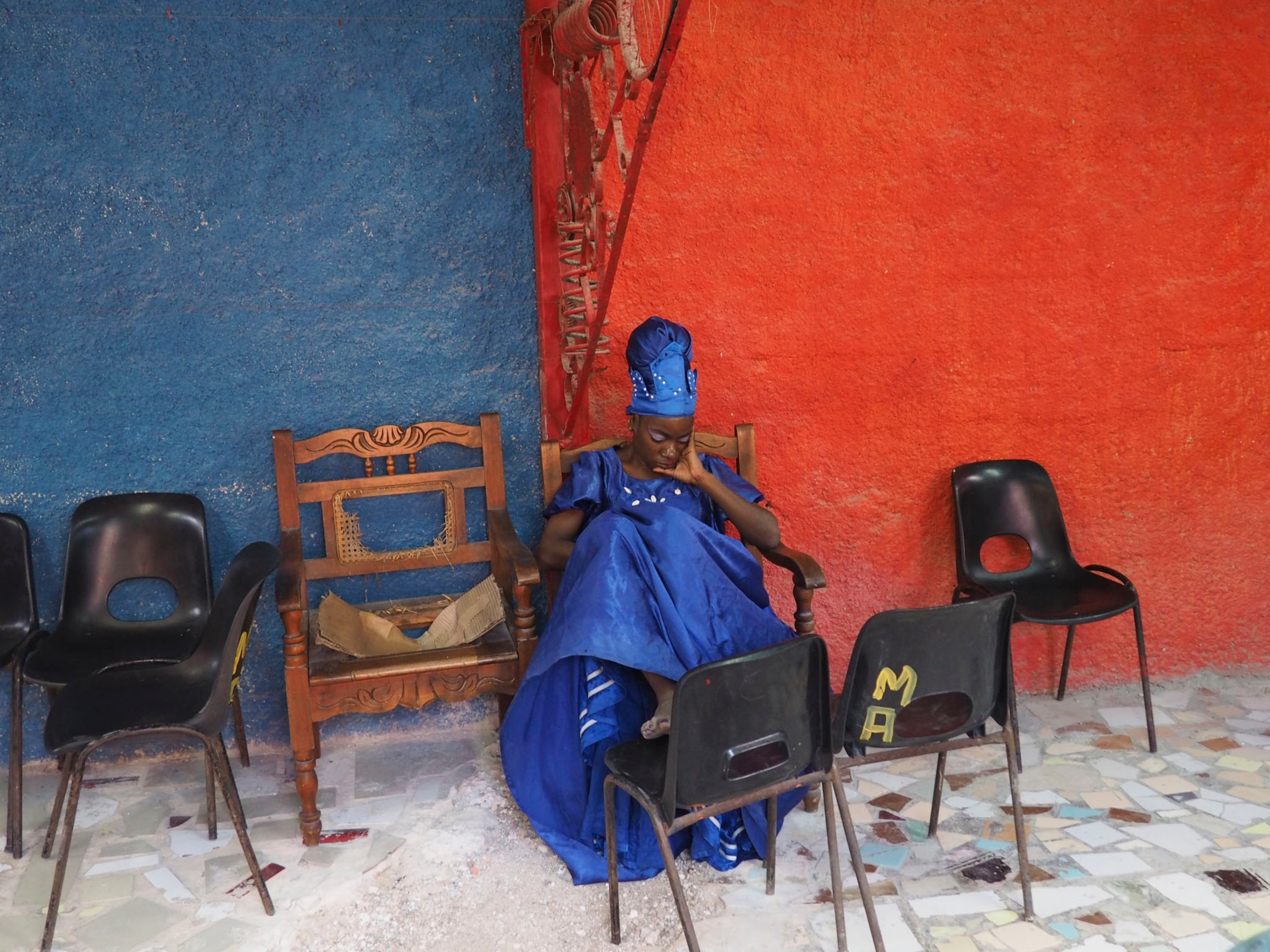
"Cuba needs the changes that are happening now. I don’t want to live in another country to make my dreams come true." — Jennifer Albín
"The relationship between Cuba and the United States has opened new fields that include investment, direct flights, and university scholarships. The changes are still blurry; they need to keep developing in order to be visualized." — Laura Batista
"People from my generation are fearless, intrepid, and we have added these things to the new Cuba. We are the future. I see my country as a big family. Even though it has its good things and bad things, in the end it’s my homeland, and I’ll love it just the way it is."— Sandra Delfín de León


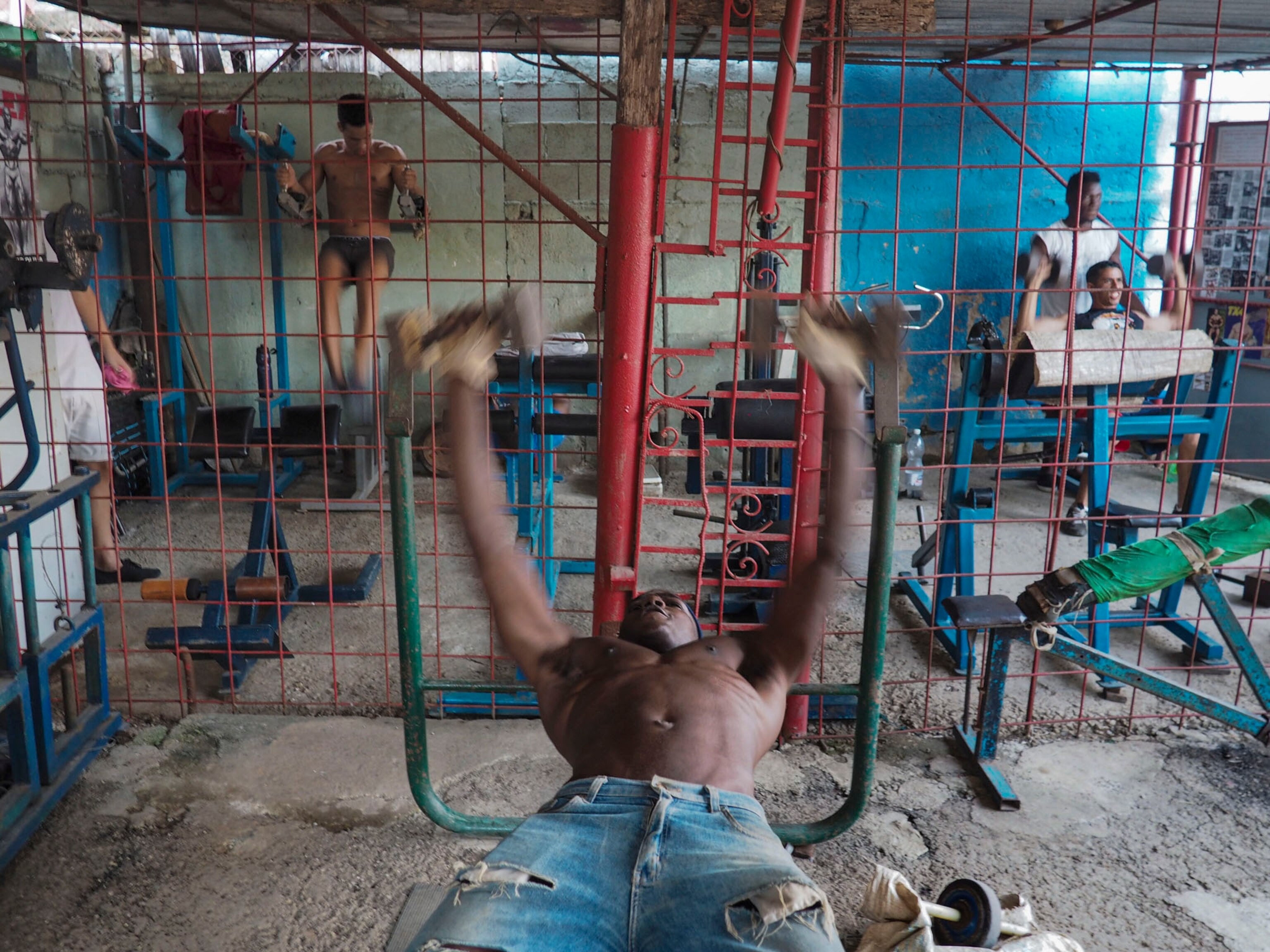
"As a young man, I consider the changes to be positive, but quite slow. To me it’s important that my expectations and dreams don’t get stuck in time for too long. I’ve witnessed many talented and brilliant young adults who have moved abroad looking for new opportunities, and that makes it more difficult to prosper in our own future." — Jonathan López Ávila
"Cuba is a beautiful country, full of colors, music, great people and a wonderful blue sky. If other people could enjoy these things then it would be perfect. I hope I can reach those dreams that seemed to be impossible, without getting blinded by the lights." — Alexandra Díaz
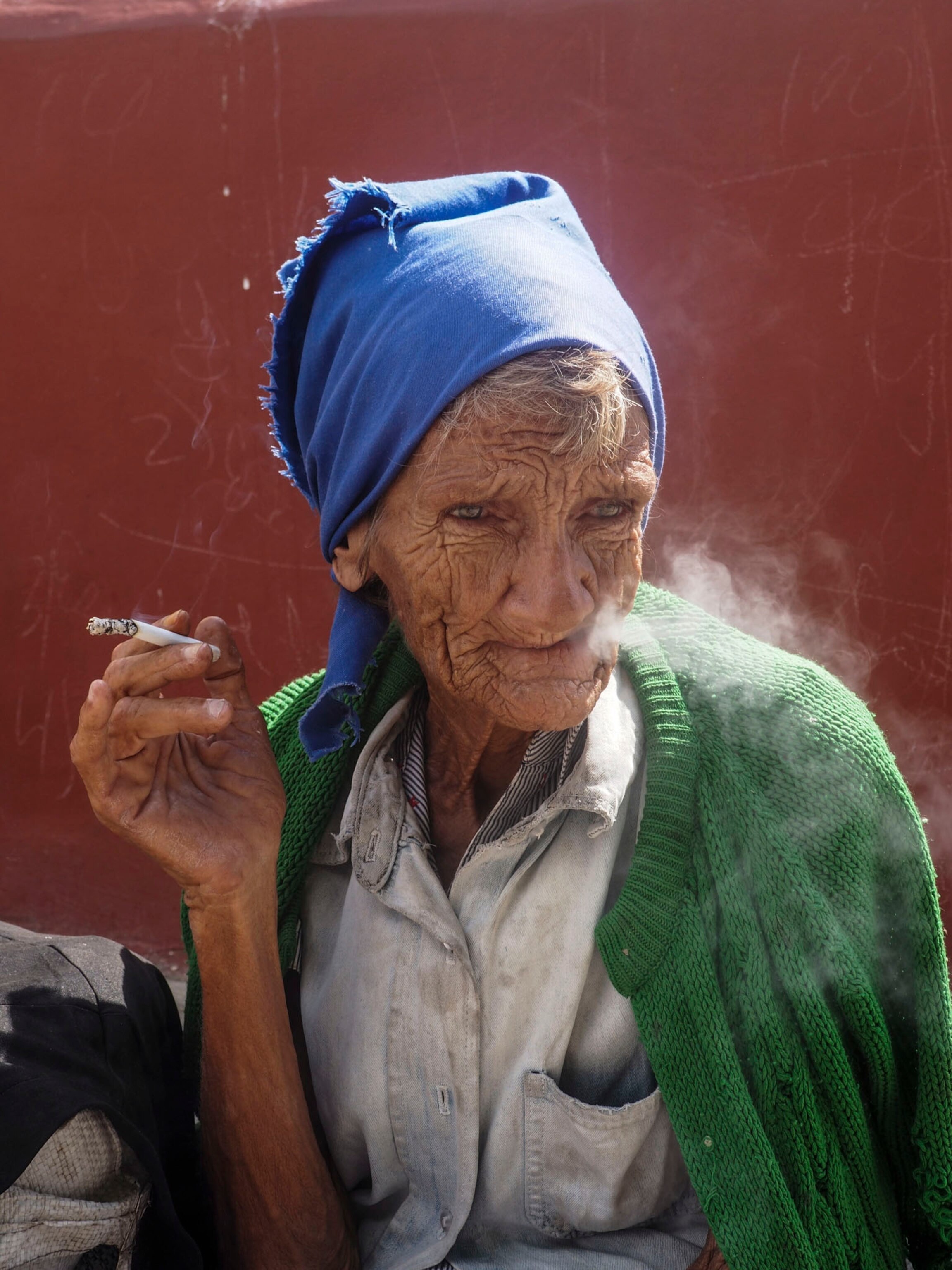
"It is late afternoon in Havana and the tourists, running out of their camera’s batteries, prefer to go back to their hotels. They carry the charms of Obispo Street, its colors, its people, and its paving stones; they carry the salespeople’s smiles and the ecstasy of walking through the past.
The shadows start looking longer and the sun, nostalgic, hides himself behind the sea. It shined on two different Havanas today. One is bright and splendid, full of life and movement. The other, sad and gray, hit by time and by the unpleasantness, where darkness grapples with the walls, the streets.
New businesses appear everywhere—cruises, investors, and companies arrive; paint layers are added; and some buildings get their splendor back. Materialism settles on many hearts, and our values that we once proudly showed to the world crumble today, like other old buildings from last century. They fade away like the dreams of a generation that tries to fulfill them beyond the pier (El Malecón).
Night covers the Cuban capital. Parks, discos, bars, and Wi-Fi zones get crowded. Girls go out with the desire of grabbing stars, their innocence under their makeup.
Tomorrow, when the sun comes up, tourists will traverse Obispo again, spiders will weave more deadly webs, new businesses will show up, and young people will go out once more to continue weaving dreams in the sea."— Ernesto Herrera Pelegrino
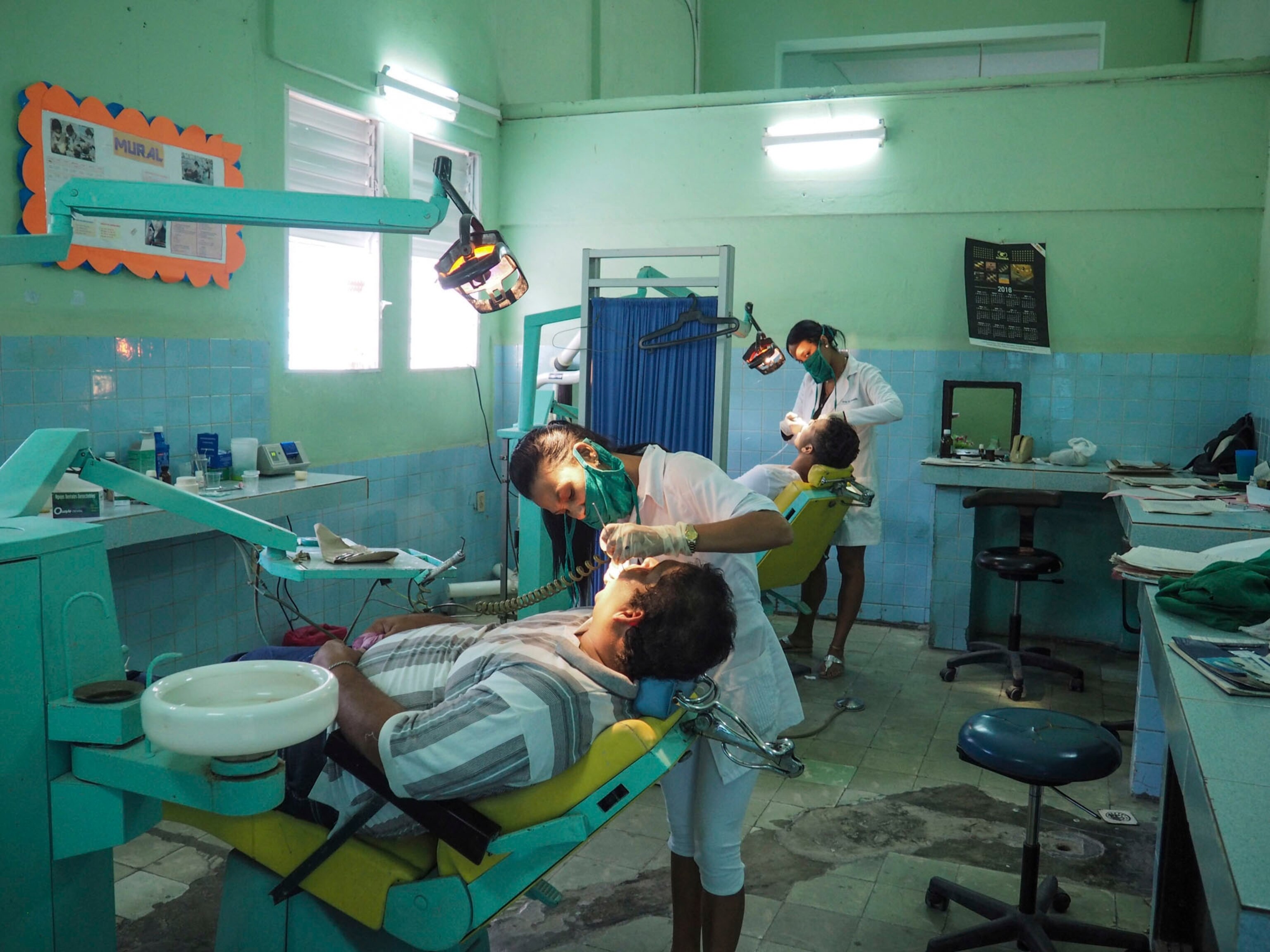
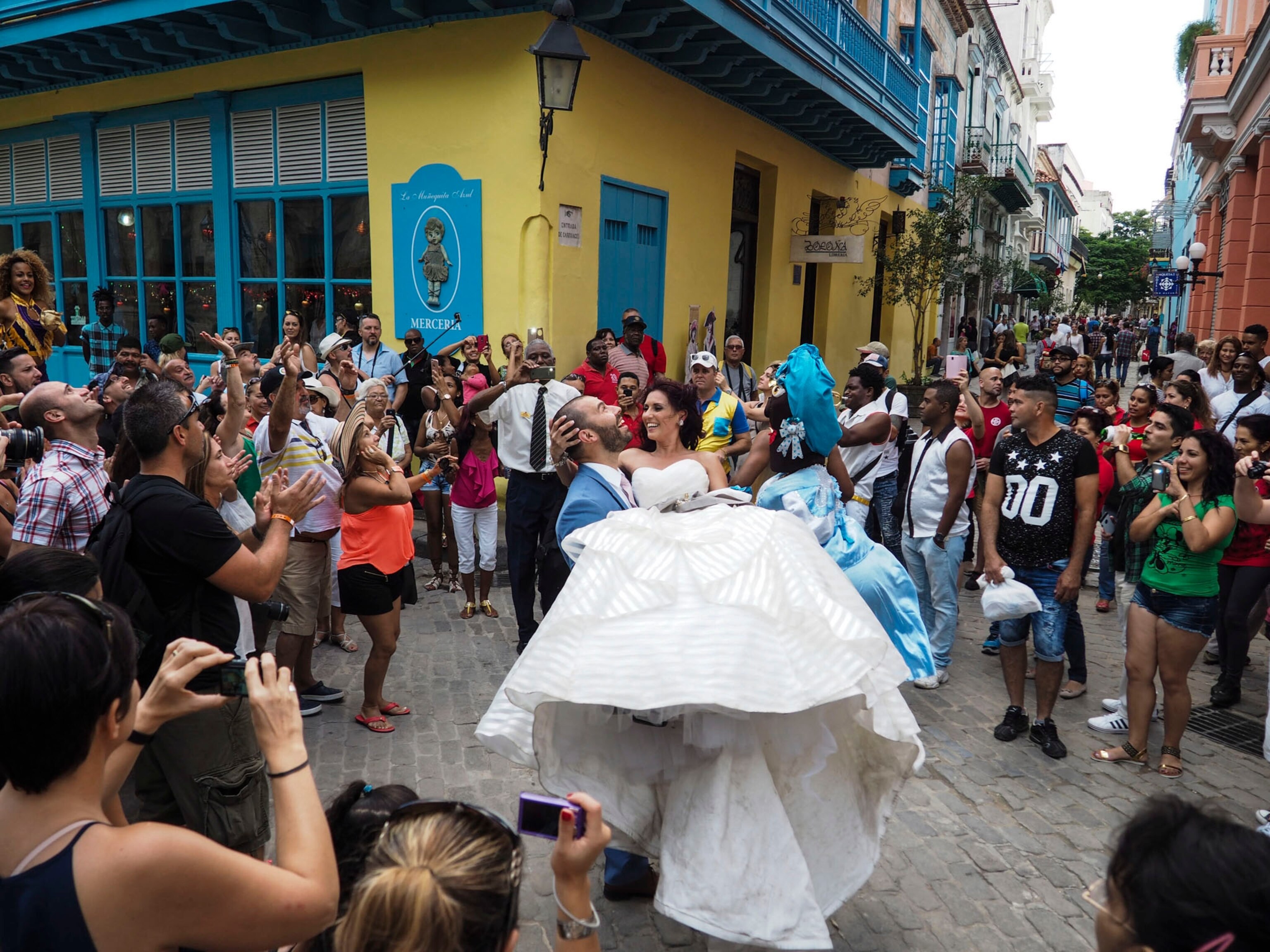
"Sometimes I see a better future, with different leaders and a better society, but sometimes I see the opposite. I watch at night the news on TV, criticizing the rest of the world and enhancing our country in every single way. And I wonder if we will ever have a better world. I wish my country were different, and I won’t compare it to any other country, because none is perfect." — Claudia Díaz Alvariño
"In my mind, future Cuba is a place full of opportunities for its young people, internationally well known for its workers' creativity and initiative and admired because of its respect for nature and the environment. As a young Cuban, sometimes it’s difficult for me to escape the skepticism which invades my generation. But this doesn't keep me from embracing the changes with enthusiasm." — Renata Crespo Suárez
"Everyone wants to come and see Cuba before it 'changes'. In a few years from now I think we´ll be better in every way and I really hope it happens, because with all the possibilities on this 'virgin island' so many people are investing in a better Cuba." — Alejandra González
"Fidel’s death is a great loss for us. Although we know that we owe a lot and we are the heirs of our country, we feel that from now on a stage of the history of Cuba is closed and that it is in our hands to redirect the ship that is our home. Towards better and perhaps deeper and more stormy waters …" — Odalys Emilia Orozco Acosta, reacting to Castro's death just after the end of the workshop
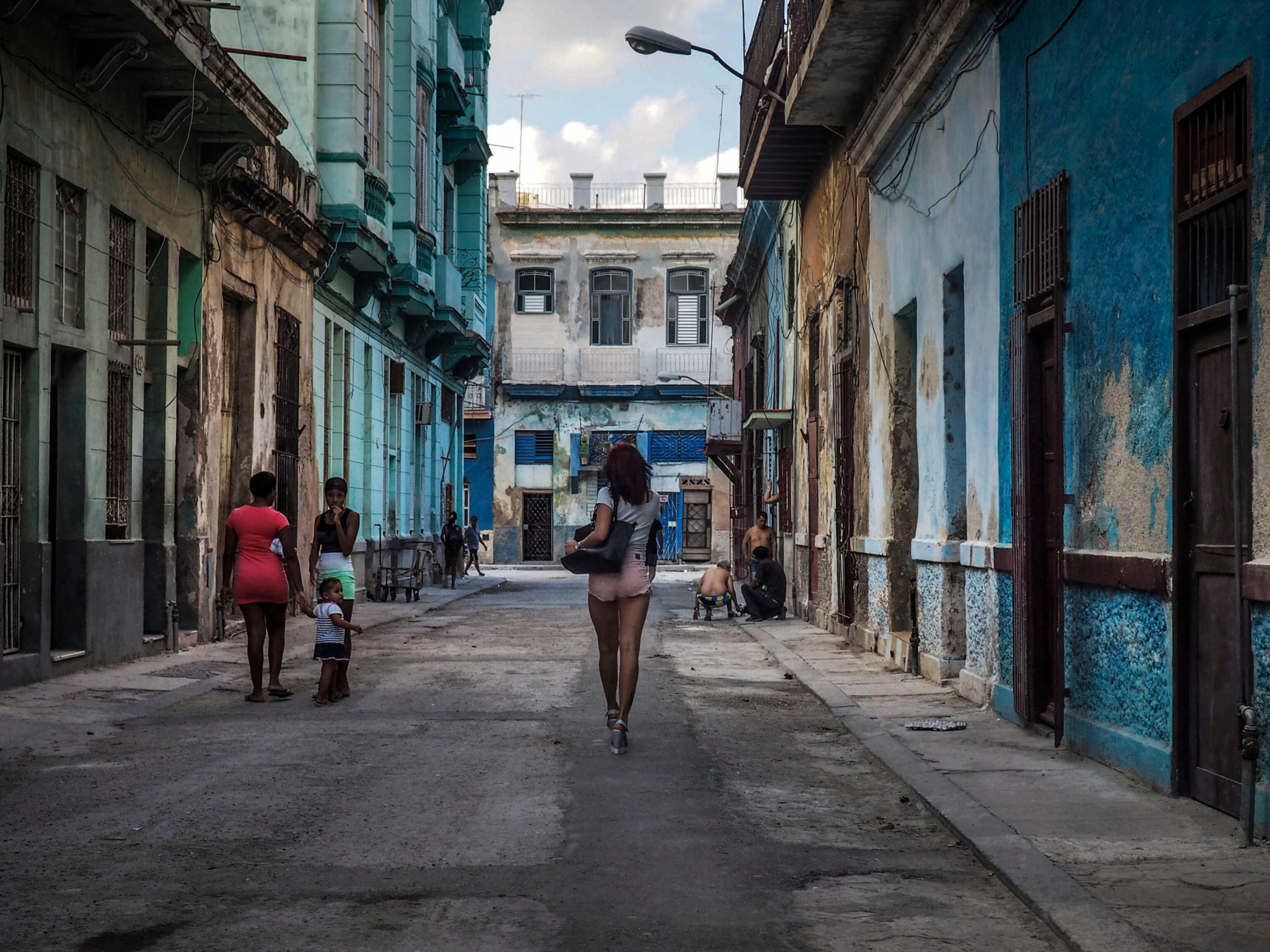
Kirsten Elstner is the Director of VisionWorkshops and the Director of National Geographic Photo Camp. National Geographic Photo Camp Cuba is a partnership between the National Geographic Society and Fototeca de Cuba. NGPC Cuba was sponsored by the National Geographic Society and the John S. and James L. Knight Foundation. Since 2003, National Geographic Photo Camp has provided programs for more than 1,500 young people in more than 71 locations. Cameras are supplied by Olympus.